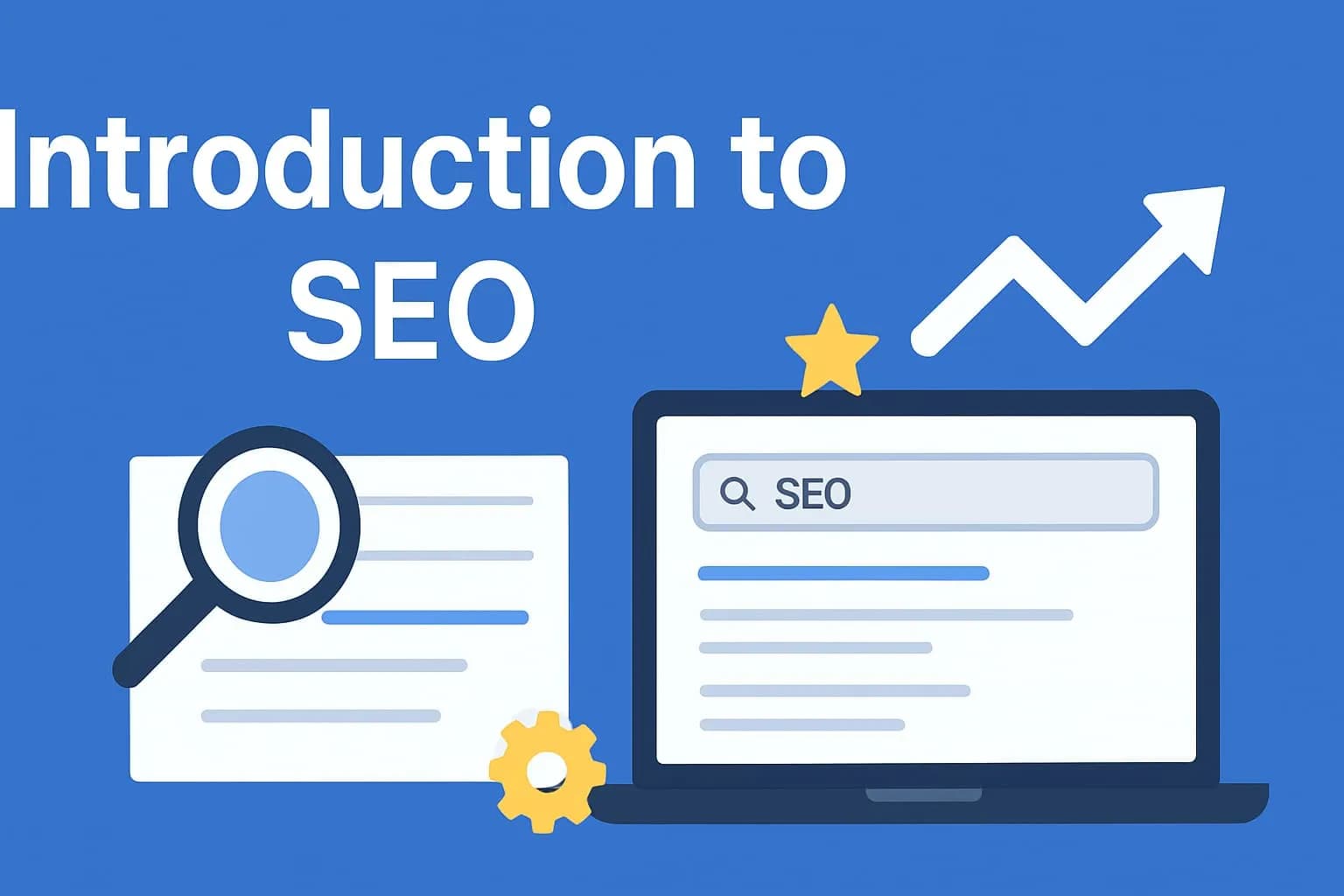Introduction to SEO
Search Engine Optimization (SEO) is the practice of enhancing a website's visibility on search engine results pages (SERPs) to attract more organic traffic. It involves a combination of technical, content, and off-page strategies to align with search engines' algorithms. In today's digital landscape, SEO is crucial for businesses aiming to thrive online, often integrated with services like Web Development, eCommerce Solutions, Mobile App Development, SEO Services, MVP Development, and UI/UX Design.
How Google's Search Engines Work on a Website
Google's search engine operates through a sophisticated process involving crawling, indexing, and ranking. First, Google's bots, known as crawlers or spiders (like Googlebot), discover and scan websites by following links from known pages. They fetch the content, including HTML, CSS, JavaScript, images, and other resources. This crawling phase is influenced by factors such as site speed, mobile-friendliness, and the presence of a sitemap.xml file.
Once crawled, the content is indexed in Google's massive database. Indexing involves analyzing the page's content, keywords, structure (using headings, meta tags, and schema markup), and relevance. Google uses natural language processing (NLP) technologies like BERT and MUM to understand context, intent, and semantics beyond mere keywords.
Ranking occurs when a user queries a search. Google's algorithm evaluates over 200 factors, including:
- Relevance: How well the content matches the query.
- Quality: Assessed via E-E-A-T (Experience, Expertise, Authoritativeness, Trustworthiness).
- User Experience: Metrics like Core Web Vitals (loading speed, interactivity, visual stability).
- Backlinks: Quality and quantity of links from other reputable sites.
- Mobile Optimization: Prioritizing mobile-first indexing.
- Security: HTTPS usage and safe browsing.
Updates like Panda (content quality), Penguin (link spam), and Helpful Content Update refine these processes. For a website, implementing SEO means optimizing on-page elements (titles, descriptions, alt texts), ensuring technical health (no broken links, fast loading), and building authority through content marketing and link-building.
The Impact of SEO on Various Businesses
SEO profoundly influences businesses across industries by driving organic traffic, which converts better than paid ads due to trust in search results. For eCommerce businesses, effective SEO can boost product visibility, leading to higher sales. Ranking for keywords like "best smartphones" can capture intent-driven traffic, reducing reliance on paid campaigns.
In the service sector, such as SEO Services providers or consulting firms, SEO establishes thought leadership. High rankings for informational queries build credibility, attracting clients seeking expertise in areas like Enterprise-Grade Web Ecosystem Cultivation or Bespoke Web Informatics Construction.
For local businesses, like restaurants or retail stores, local SEO (optimizing Google My Business, reviews, and location-based keywords) increases foot traffic. Studies show that 46% of searches are local, directly impacting revenue.
In B2B sectors, SEO nurtures long sales cycles by providing valuable content that educates prospects, improving lead generation. For startups, especially those in MVP Development, SEO helps gain traction without massive marketing budgets.
However, poor SEO can lead to invisibility, lost opportunities, and competitive disadvantages. Businesses ignoring mobile optimization or content quality face penalties, while those adapting to algorithm changes thrive. Overall, SEO levels the playing field, enabling small businesses to compete with giants through strategic implementation.
Conclusion
In the era of digital transformation, mastering SEO is essential for sustainable growth. By understanding Google's workings and leveraging it effectively, businesses can enhance visibility, engagement, and profitability. Partnering with experts in Web Development and related fields ensures a robust online presence.
